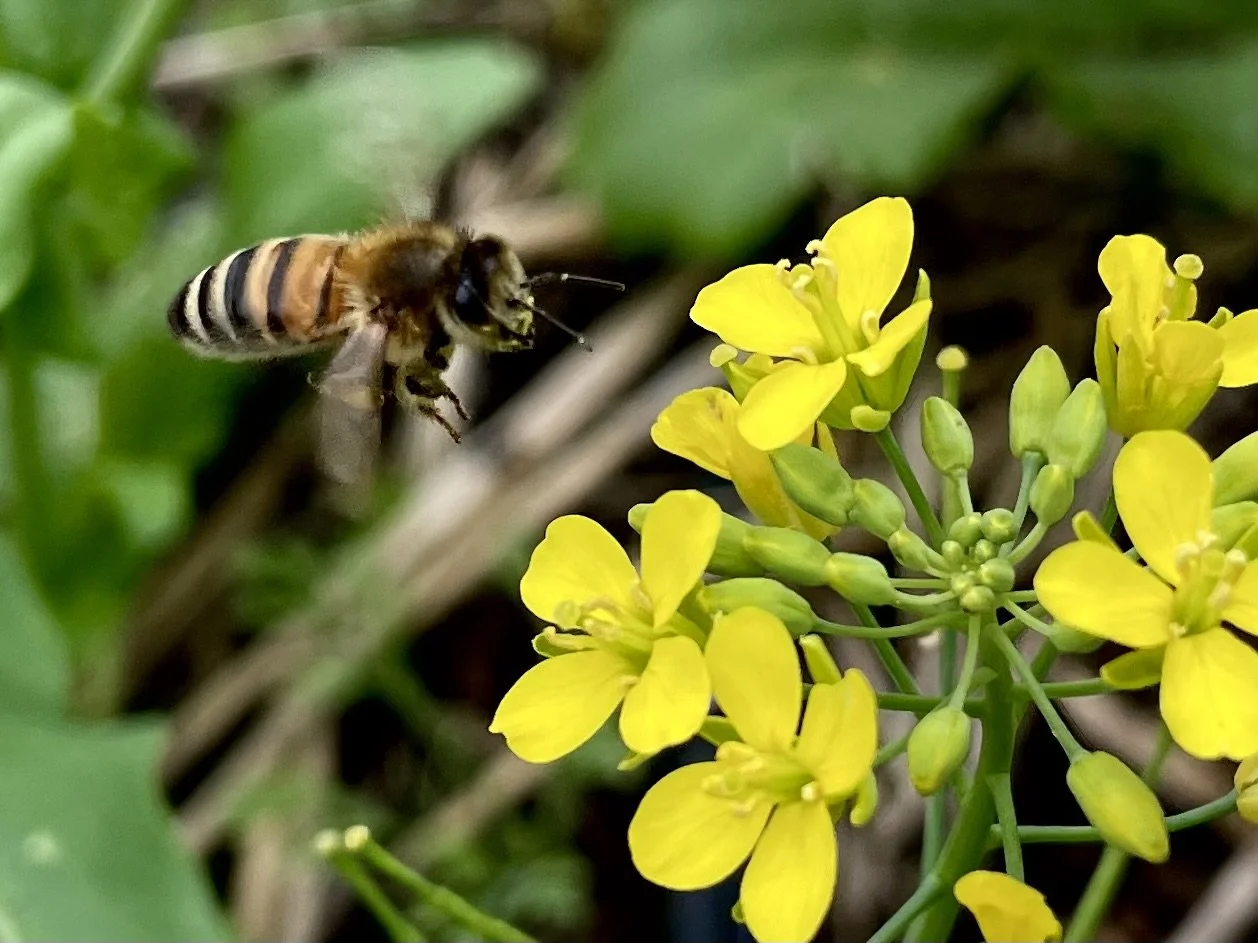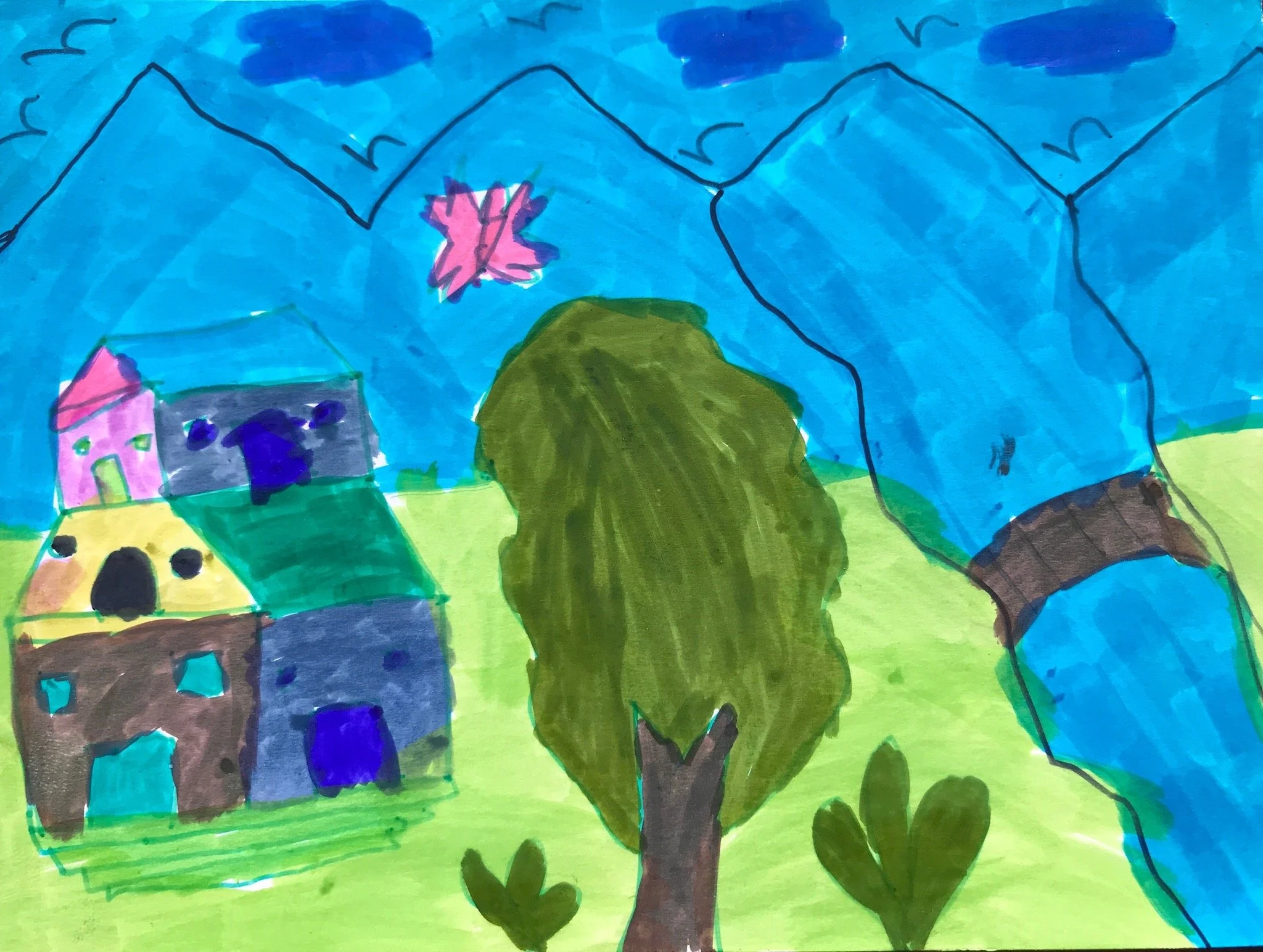Caring for our Interdependent Planet
From our Founder, Anita Galeana
If I had one wish it would be that every human being could understand that we are transient passengers on this beautiful blue planet. It does not belong to us, rather we are part of a whole, an ecosystem of plant and animal life. Nothing exists without the sum of many parts. A flower exists because of pollinators, sunlight, water, and oxygen. These are just some of the building blocks of life on Earth, alongside others like nitrogen, carbon, and hydrogen. Life as we know it depends on the proper balance of these elements, with our footprint on the planet helping or hindering its centerpoint. Unfortunately, planet Earth is suffering. Animal life, including humans, are suffering too.
Human beings are not the center of the universe, nor masters of this miraculous place. Every living creature has a purpose on earth, even if we humans can’t see it. We do not have the right to ruin the planet for future generations because of ignorance, indifference, greed, or malevolence.
An educated populace that understands basic science is imperative for the longevity and health of our planet. This is why we at the Bella Charitable Foundation have made conservation one of our key goals. The negative impact human beings are having on our climate through the burning fossil fuels is as basic a fact as the Earth is round. The second most important aspect we want people to understand is that there is not just one easy answer to slowing climate change. It will require multiple solutions by the world’s largest industrial countries, and ideally the entire world. That includes you and me.
In the context of environmental science and ecology, conservation refers to the protection and management of natural resources and biodiversity to ensure their availability for future generations. This involves the careful use and management of natural resources like water, soil, minerals, wildlife, and forests. Conservation aims to prevent the overexploitation, destruction, or neglect of these resources to ensure they remain available for future generations. Examples include sustainable agriculture practices, efficient water usage, and protecting endangered species.
If we don’t start caring about the consequences of destructive practices by industrialized nations, we are dooming unborn generations to an inhospitable planet and the extinction of many key species. We are putting clean air and clean water at risk. We are putting our health at risk.
Bella is dedicated to these issues and will continue writing about them using science-based knowledge, while offering simple changes we can all make in our lives to have a lighter impact on our planet.







